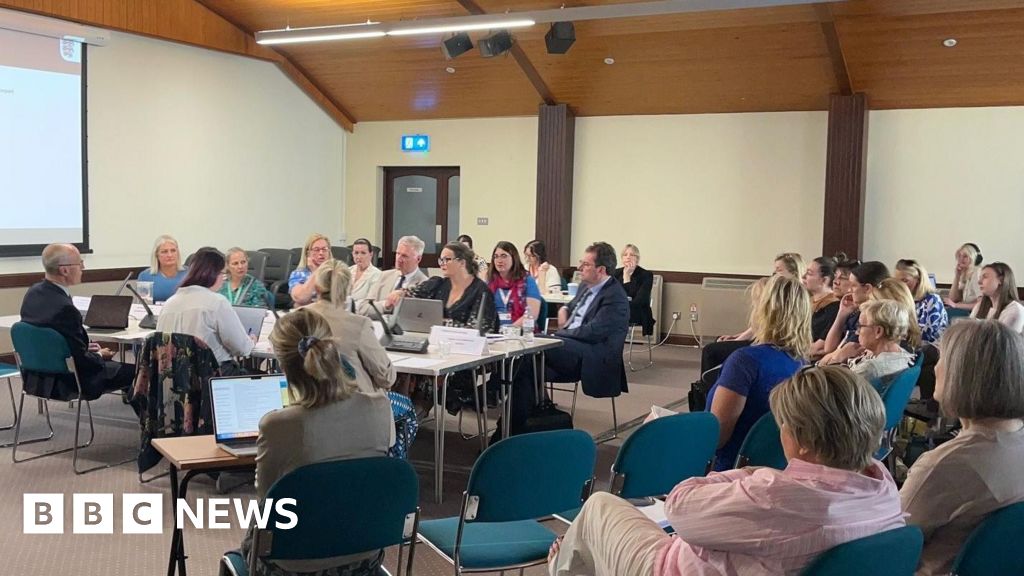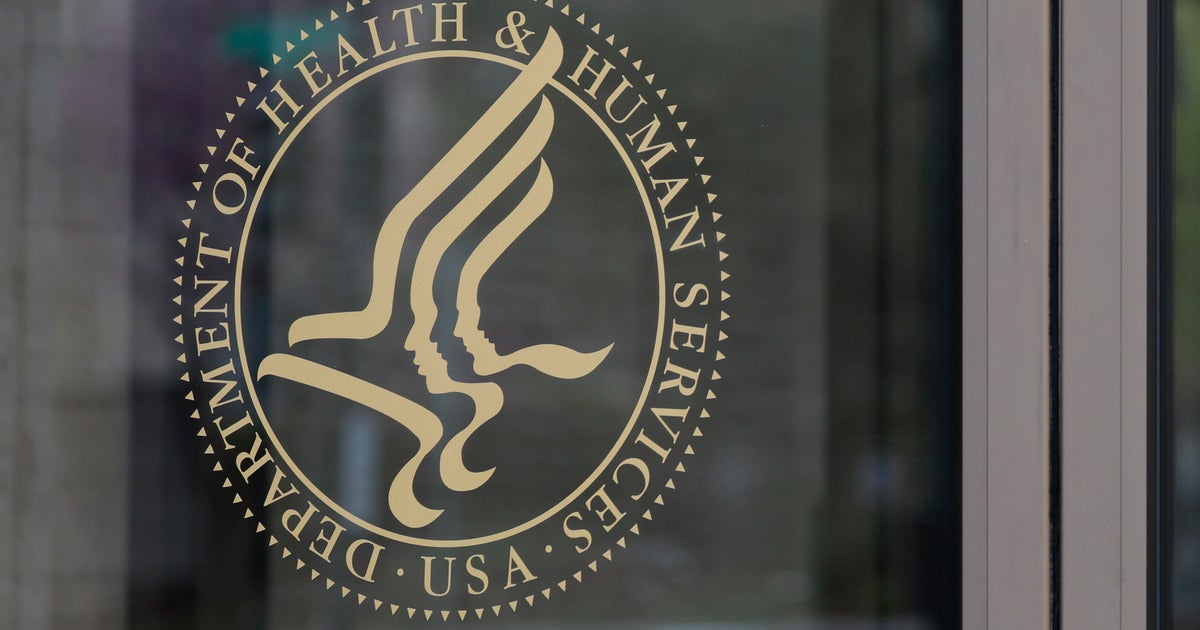Federal Funding for School Mental Health Programs Abruptly Cut, Sparking Outcry

In a move drawing sharp criticism from educators and mental health advocates, the Biden administration has decided to discontinue approximately $1 billion in school mental health grants initially established under the Trump administration. These grants, implemented in the wake of the tragic Uvalde school shooting, were designed to bolster mental health support for students across the nation.
The Department of Education announced the decision, citing a shift in priorities and budgetary constraints. While the administration acknowledges the importance of student mental health, officials argue that the funds can be better allocated to other initiatives. This announcement comes as schools nationwide grapple with a surge in student anxiety, depression, and other mental health challenges, exacerbated by the pandemic and ongoing social unrest.
A Response to Tragedy: The Origins of the Grants
The $1 billion in grants, formally known as the School-Based Mental Health Services Program, were created in 2022 as a direct response to the devastating school shooting in Uvalde, Texas, where 19 children and two teachers lost their lives. The program aimed to provide funding to schools for hiring mental health professionals, implementing evidence-based mental health programs, and training staff to recognize and respond to students in crisis. The initial rollout was widely praised as a crucial step towards addressing the growing mental health crisis among young people.
Impact and Concerns: What's at Stake?
The abrupt termination of these grants raises serious concerns about the future of school mental health services. Many schools, particularly those in underserved communities, had come to rely on this funding to provide essential support to their students. With the loss of these resources, schools may be forced to reduce or eliminate mental health programs, leaving vulnerable students without the help they need.
“This is a devastating blow to our efforts to support the mental well-being of our students,” said Sarah Miller, a school counselor in a rural school district. “We were just beginning to see the positive impact of these programs, and now we’re facing the prospect of having to cut back on services.”
The Administration's Justification and Alternative Plans
The Biden administration maintains that the decision was not made lightly and that they are committed to supporting student mental health in other ways. Officials have pointed to increased funding for mental health services through other federal programs and a focus on addressing the root causes of mental health challenges, such as poverty and trauma. However, critics argue that these alternative approaches are not sufficient to replace the targeted support provided by the School-Based Mental Health Services Program.
“While we appreciate the administration’s commitment to mental health, this decision sends the wrong message,” said Dr. David Chen, a child psychologist. “We need to be investing in programs that directly address the mental health needs of students in schools, not pulling back funding at a time when they need it most.”
Looking Ahead: The Future of School Mental Health
The discontinuation of these grants has ignited a debate about the role of the federal government in supporting school mental health services. Advocates are calling on Congress to take action to ensure that schools have the resources they need to address the growing mental health crisis among young people. The future of school mental health remains uncertain, but one thing is clear: the need for support is greater than ever.






